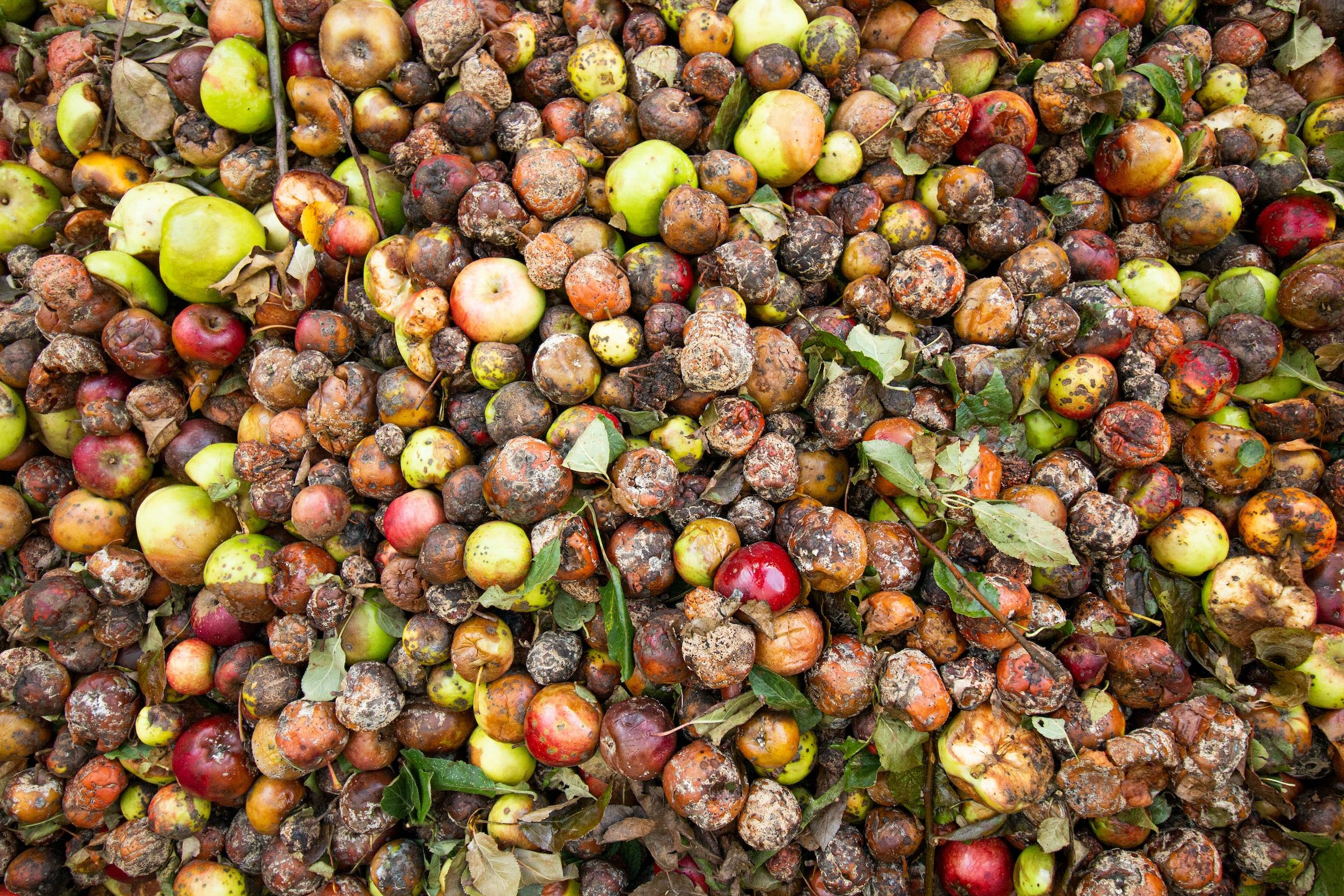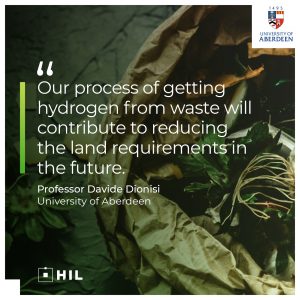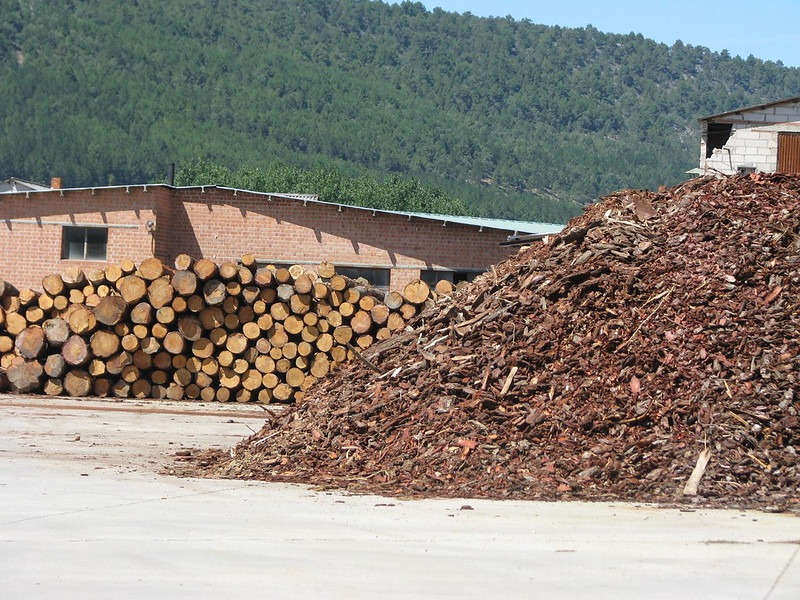Waste To Hydrogen: The Project Aiming To Shape Hydrogen Economy

The University of Aberdeen’s School of Engineering has been awarded £220,000 in funding from the UK Government for a project that aims to create a new process to obtain hydrogen from organic waste as part of the energy transition. Hydrogen Industry Leaders investigates how this project will help to shape the hydrogen economy.
Funding from the Net Zero Innovation Portfolio (NZIP) under the Business, Energy, and Industrial Strategy (BEIS) will enable research that could see the organic matter in food waste, manure, wastewaters, and other biodegradable wastes converted to hydrogen and used to power homes and businesses.
Hydrogen Industry Leaders spoke to Professor Davide Dionisi, Personal Chair in Chemical Engineering at the University of Aberdeen, who is leading the project, about the processes and why innovations like this must take place to shape the hydrogen economy.
The Process Involves Any Biodegradable Organic Waste
Davide began by explaining the process of the project: “Our process was a combination of different chemical and biochemical stages. The idea is that our feedstock is any biodegradable organic waste, this can be wood waste, manure produced by farm animals and so on.
“Then there can be any organic matter in waste waters, for example, whiskey distillery water or even municipal wastewater. There can be any organic waste in this or even more broadly any type of biomass, which will have to be diluted if required with water.
“Once you have the waste and the waste that is in our process is fed to it by the biodegradation stage, which we call the fermentation scenario. Then the conversion here is operated by anaerobic microorganisms.”

He continued to explain that these microorganisms will convert the part of the organic matter into hydrogen. The rest of the organic matter, which has not been converted, will go into another stage that Davide described as anaerobic digestion.
Maximising The Hydrogen Yield Is Vital
When it comes to this anaerobic digestion, seeing a more conventional anaerobic digestion stage and digestion process existing commercially are needed, Davide said and even though the anaerobic microorganisms convert the organic matter into methane and CO2, all we want is hydrogen.
He revealed: “We are planning to use it in another chemical conversion stage when we take the methane from the digestion and we use the plasma reforming, which is an electrochemical conversion and then we covert the methane and the CO2 into hydrogen.”
Maximising the hydrogen yield is essential to Davide, he told Hydrogen Industry Leaders that his team are currently proposing to use a stage of steam gasification: “Essentially, we take the digestate, we take the organic matter, and we add the steam. Then we convert the organic matter into hydrogen and carbon monoxide.”
We don’t want carbon monoxide, we want hydrogen. Therefore, we use steam gasification
Different Methods To Make Hydrogen Production Futureproof Is Needed
One of the reasons why Davide said that seeing innovations like waste products being made into hydrogen is needed is because we are going to run out of land: “We must bear in mind that the energy from solar panels and wind turbines uses land and the land is a precious resource.”
We need to use the land to form solar and wind farms, however, we also need this land for food and houses
Davide finished by stating that it is important that food waste is treated, and this project works to do that. He said: “We can see our process both as a way of producing hydrogen, but also as a way of treating a waste because the waste needs to be treated in some way anyway.
“Wastewaters are currently being treated in the biological process, but these processes are usually aerobic. That means that they consume oxygen and gain energy. Our process could be seen as a way of using hydrogen with much less energy consumption.”
Transitioning towards using renewable energy is essential if the UK is set to meet our net zero targets of 2050 and hydrogen is a key energy vector in the energy transition.

